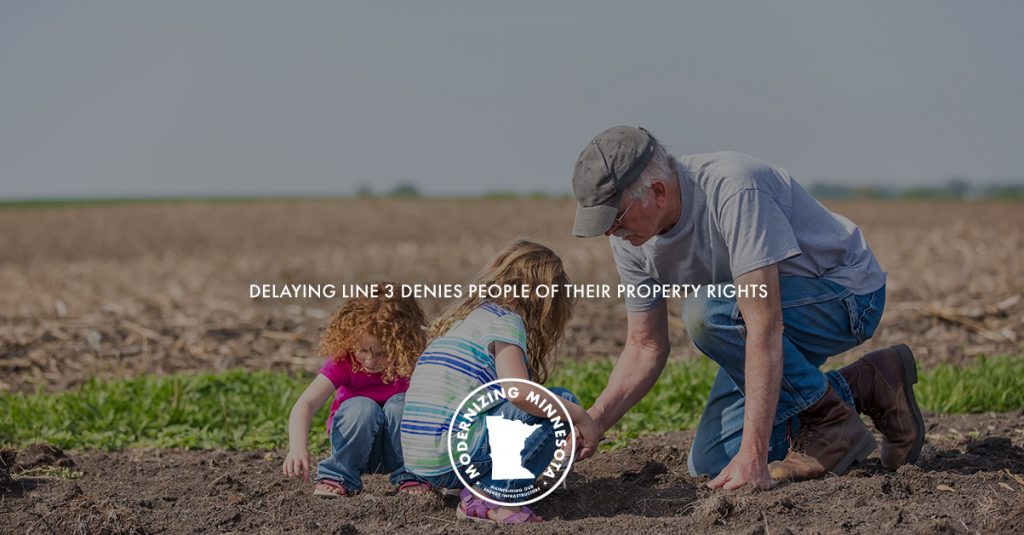Happiness is Property
“Life, liberty and the pursuit of happiness” is perhaps the most famous phrase in the Declaration of Independence, but did you know it was almost something else? Believe it or not, the term happiness may have initially been property?
Conventional history, popular wisdom, and of course, countless scholars often attribute the phrase’s originality to John Locke’s “life, liberty, and property.”
Jefferson was well aware of Locke’s writings on government, but the change certainly seems more grand and inclusive since not everyone is keen on owning a home nowadays – for some, the flexibility and freedom of not being tied to an expensive mortgage is more their idea of the American dream. Add to it skyrocketing home prices, unusually high student debt and less loan availability as a few of the reasons millennials (and many others) today aren’t buying homes at the rate of previous generations.
Nonetheless, property rights are a pretty unique concept and something most Americans respect and hold dear, whether you’re a titleholder or not. The right to own something and do what you want (within reason) is in many ways the definition of freedom.
“Within reason” Is the Key Phrase Here
In an ironic twist of words, rules and regulations actually set us free. By having a framework of what we can (or cannot) do with our own land or property makes it all work. For example, if you live in a traditional suburban neighborhood, your next-door neighbor cannot legally open up a night club ushering in patrons at all hours of the night. Likewise, you cannot turn your home garage into an auto-repair business and double park customer vehicles up and down the street. Rules allowing (and prohibiting) certain practices actually give us freedom to be…neighbors.
And that’s fine for most of us because we aren’t looking to turn our homes into a major place of commerce or a strip mall.
When Property IS Your Income
But what about the folks who lie outside of those restrictions? Like the people who rely on their property for their livelihood? Many of them are farmers and ranchers – 1.3% of America that raises most of our food. Their home, are both where they rest their heads and where they run their business, which means they should have a right to choose what they do with their land, right? It seems like the logical answer.
It should be, but farmers aren’t price setters, they’re price takers, which means the market dictates what their crop is worth. Despite funding from the Farm Bill before harvest, many farmers have to put their faith in a good season with the right conditions to make a profit. While some do, many don’t. It’s a thankless job to ensure Americans have the food they need on their dinner tables each night. So often, farmers have to find supplementary means of income (we like to call this a side hustle) to make ends meet during some down years.
Depending where they’re located, farmers and landowners across the country are turning to energy development and infrastructure to help make those ends meet. Whether it is traditional energy development, wind or pipeline titleholder, royalty income and leases help supplement what might otherwise be a bad season, or be the money to send a kid to school while still keeping the farm profitable.
Why Pipelines Matter
Arguably, farmers and ranchers care more about their land than anybody else. They’ve sunk their blood, sweat, tears and money into these farms – some for generations – and still, many Minnesota farmers and landowners have come out in support of the Line 3 Replacement project. Why? Because pipelines are the safest and most efficient way to transport energy across their properties to its intended destinations – usually refineries that make gasoline to power our vehicles, jet fuel to fly us to the places we need (and want) to get to and the products that make our life, liberty and pursuit of happiness, possible.
Delaying or denying this pipeline replacement puts farmers and ranchers – their economic livelihood and their safety – at risk and jeopardizes Minnesotans food sources, too. And that’s an unreasonable request to make.
